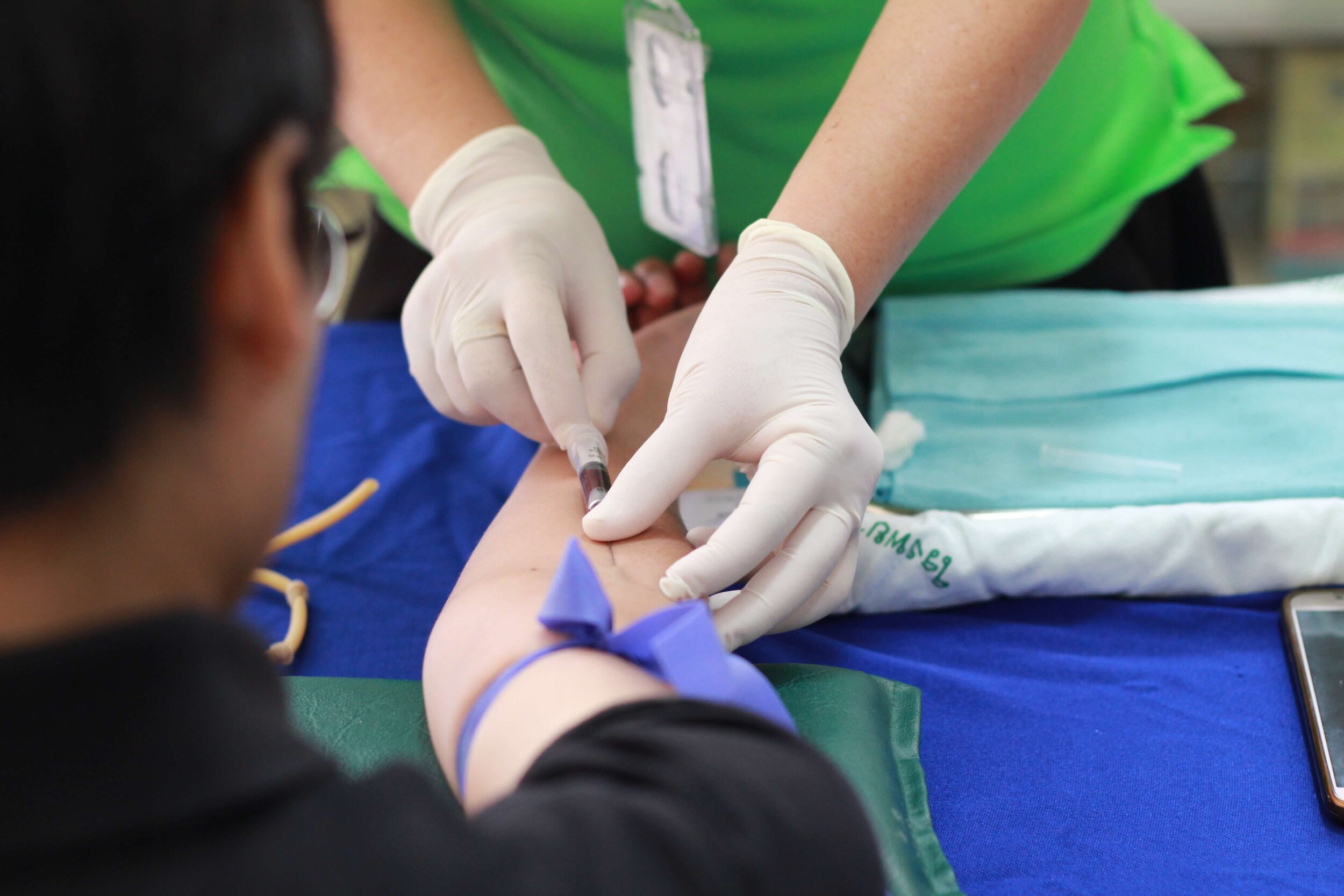What is an LVN?: Meaning, Responsibilities & Requirements
Depending on one's interests, a career in nursing offers many entry-level jobs to choose from. One of the most sought-after is vocational nursing. A position as a licensed vocational nurse requires minimal education and gives you valuable experience in patient care. But what is a vocational nurse, and what does one do exactly? Let's get a detailed look at the LVN career and requirements to become one.
What Does LVN Stand For?
Licensed vocational nurses (LVN) and licensed practical nurses (LPN) are both terms that are used interchangeably for the same nursing profession. LVN stands for licensed vocational nurse—a healthcare professional that provides nursing care. LVNs attend school for one to two years. Once they graduate and become certified, they can provide basic nursing care in various medical settings.
Interested in pursuing an LVN degree in California?
Fill out the form and get all the detailed information you need regarding your chosen program.
What Is LVN Nursing?
Under the supervision of registered nurses (RNs), LVNs deliver quality care and comfort measures to patients. This covers many clinical responsibilities as well as providing basic care and assistance to patients in a variety of environments, including hospitals, doctors' facilities, and long-term care institutions.
Because patients require care at all hours of the day and night, LVNs may be required to work nights, weekends, and holidays. The job requires physical strength and stamina since they may have to lift patients with mobility issues and also spend much of their time at work on their feet.
Those who love working with the elderly may practice at a nursing home or if one likes more challenging roles and responsibilities that are typically associated with higher pay, then seeking work in a hospital is also a great option.
What does an LVN do?
The responsibilities of a qualified vocational nurse will differ depending on the work environment. In general, they usually monitor a patient's health and provide basic nursing care. In most situations, they will also perform assessments and take vital signs like blood pressure, pulse, and respiration when required.
LVNs duties can include:
Gathering information about patients' medical histories,
Monitoring and recording vital signs,
Updating patient charts,
Offering bedside care,
Assisting other medical professionals with tests and procedures,
Dressing wounds,
Administering medications as defined in their scope of practice,
Organizing medication of patients,
Noting adverse reactions to medications or treatments,
Providing hygiene care to patients,
Providing meals,
Cleaning and managing medical equipment and instruments,
Starting intravenous (IV) fluids.
LVN requirements
Becoming an LPN is a relatively quick process that requires following some simple steps. Let’s see what they are.
Education
One should earn a high school diploma or GED (General Educational Development) to enroll in an LVN program—which usually takes one year to complete. Typically, community colleges and technical schools offer these programs. Once completed, this program will demonstrate you have the specific skills needed to perform the job duties for an LPN role.
Licensure
LVN graduates need to pass the National Council Licensure Examination for Practical Nurses (NCLEX-PN) and apply for their professional LVN certification. The NCLEX-PN test, which is administered by the National Council of State Boards of Nursing, covers essential aspects of entry-level nursing practice. This exam will help students become licensed and qualified for job opportunities as LVN.
Skills
In addition to the training and education, successful LVN candidates (and future RNs) should obtain these soft skills:
Communication: excellent written, verbal, and interpersonal skills are essential.
Observation: being detail-oriented helps to ensure patients receive the proper care at the right time.
Compassion: nurses need to have empathy for the people they're caring for.
Friendliness: being personable with patients and coworkers is a large part of the job.
Patience: it can become stressful at times working with sick or wounded people.
Flexibility: nurses must be able to go with the flow as no day is the same in a healthcare environment
Resilience: nurses often need to perform physical tasks for long periods.
Work environment
LVNs can work in a variety of environments, however, the following are the most common ones:
Senior Care Facilities - In this work environment, nurses must be compassionate, hard-working, and work under extreme stress.
Public Hospitals - Typically, LVNs will be working alongside RNs and doctors. Shifts are flexible, meaning sometimes LVNS may need to work days, afternoons, or nights.
Doctors’ Offices And Clinics - These facilities offer the most stress-free environments and fixed schedules that coincide with the offices' business hours.
Home Health Companies - These companies employ nurses to work directly with patients in their homes. In this work environment, nurses must be prepared to travel varying distances to and from patients' homes to help them with basic medical care.
Should I become an LVN?
Nursing offers several professional options, allowing students to begin working while also devoting time to their education. LVN entry-job standards, which include a year of education before entering the field, are commonly chosen by aspiring professionals who need to start working immediately.
Before entering RN programs, professionals who earn LVN credentials gain more experience, which creates a competitive edge when applying for an associate degree in nursing (ADN) or a bachelor of science in nursing (BSN) program.
However, an LVN certificate comes with limitations in the field. For instance, LVNs do not qualify for leadership opportunities and cannot work in many settings as RNs do. LVNs must work under licensed professionals at all times.
You're an ideal fit for an LVN career if you have the attention to detail, patience, and mental resilience to care for people when they're sick. Consider becoming an LVN if you're seeking solid entry-level employment with the possibility to advance to more senior healthcare and nursing professions.


